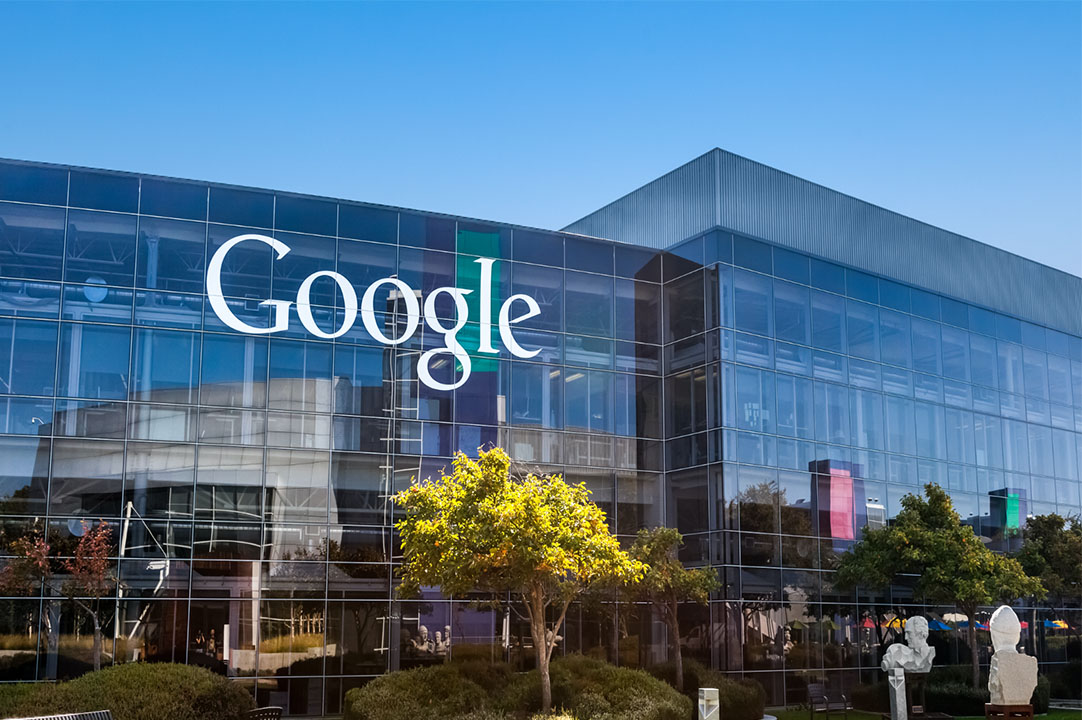Google is weaning itself off user-tracking “cookies” which allow the web giant to deliver personalized ads but which also have raised the hackles of privacy defenders.
Last month, Google unveiled the results of tests showing an alternative to the longstanding tracking practice, claiming it could improve online privacy while still enabling advertisers to serve up relevant messages. “This approach effectively hides individuals ‘in the crowd’ and uses on-device processing to keep a person’s web history private on the browser,” Google product manager Chetna Bindra explained in unveiling the system called Federated Learning of Cohorts (FLoC).
“Results indicate that when it comes to generating interest-based audiences, FLoC can provide an effective replacement signal for third-party cookies.” Google plans to begin testing the FLoC approach with advertisers later this year with its Chrome browser.
Google has plenty of incentive for the change. The US internet giant has been hammered by critics over user privacy, and is keenly aware of trends for legislation protecting people’s data rights.Growing fear of cookie-tracking has prompted support for internet rights legislation such as GDPR in Europe and has the internet giant devising a way to effectively target ads without knowing too much about any individual person.
‘Privacy nightmare’
Some kinds of cookies — which are text files stored when a user visits a website — are a convenience for logins and browsing at frequently visited sites. Anyone who has pulled up a registration page online only to have their name and address automatically entered where required has cookies to thank. But other kinds of cookies are seen by some as nefarious.
“Third-party cookies are a privacy nightmare,” Electronic Frontier Foundation “Electronic Frontier Foundation”staff technologist Bennet Cyphers told AFP. He reasoned that advertising based on context can be effective; an example being someone looking at recipes at a cooking website being shown ads for cookware or grocery stores.
Safari and Firefox browsers have already done away with third-party cookies, but they are still used at the world’s most popular browser – Chrome. Chrome accounted for 63 percent of the global browser market last year, according to StatCounter.
Cyphers said, “It’s both a competitive and legal liability for Google to keep using third-party cookies, but they want their ad business to keep humming,”

